Modern Kia EVs 'go straight to the dragon's lair', while GM and Ford lose favor in the US
![]() 08/23 2024
08/23 2024
![]() 478
478
The outcome is still uncertain.
Tesla, which leads the industry in electric vehicles, has maintained a dominant position in the US market for many years, with sales consistently exceeding 50%. However, in the second quarter of this year, Tesla faced its first significant challenge, with its market share dipping below 50% to 49.7%.
An industry report released on Wednesday showed that from January to July this year, the total market share of electric vehicles produced by Hyundai Motor Company and Kia Motors Corporation in the US ranked second, surpassing Ford and General Motors.
Automotive News reported, citing data from Motor Intelligence, a vehicle industry tracking agency, that the combined market share of electric vehicles in the US for the first seven months of this year for these two companies and Hyundai's luxury brand Genesis was 10%.
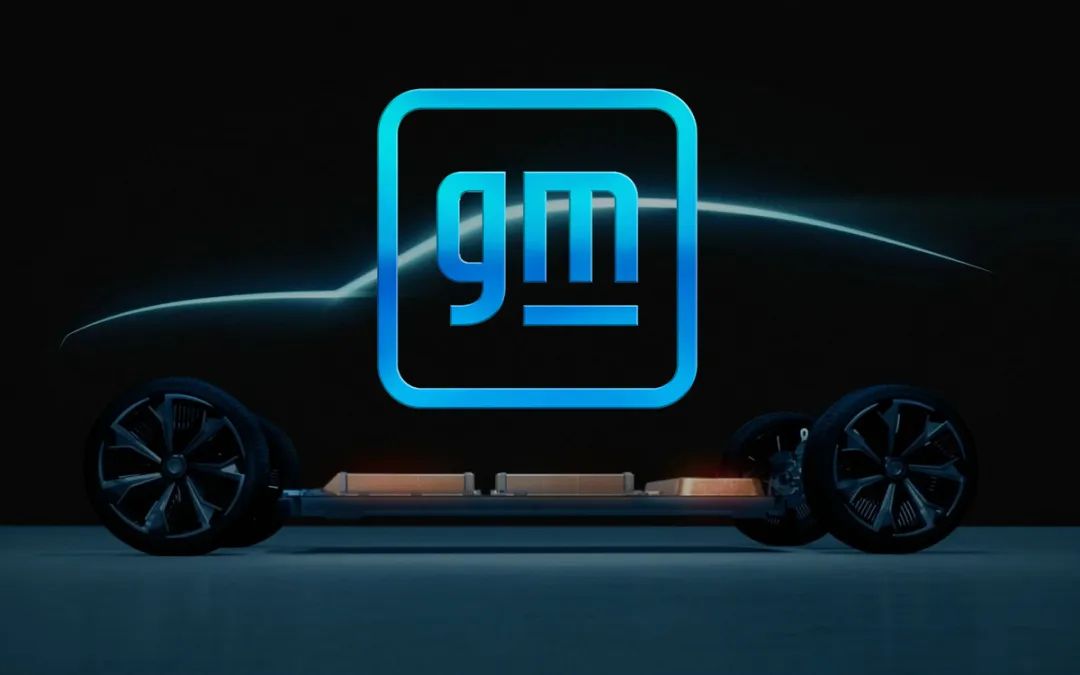
During this period, the market shares of US giants Ford and General Motors were 7.4% and 6.3%, respectively.
The Ioniq 5 and Ioniq 6 are Hyundai's mainstay models in the US market. Sales of these two models in July increased by 25% and 54%, respectively, compared to the same period last year. In the first half of this year, Kia's EV9 SUV also outperformed competitors such as the Toyota bZ4X, Volkswagen ID.4, and Tesla Model S in the US.
Hyundai-Kia's performance in the electric vehicle market recalls how Korean cars gained favor among US consumers in the era of gasoline-powered vehicles due to their low prices, high quality, and safety features.
Furthermore, over the past two years, South Koreans have eagerly invested in renewable energy in the US.
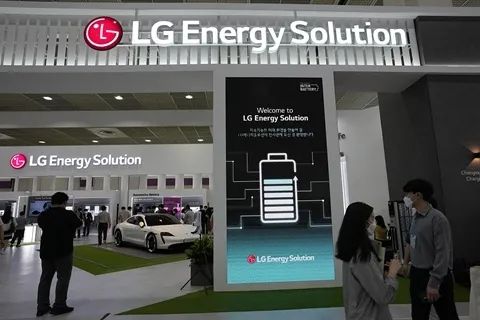
In early 2022, LG Energy Solution announced plans to collaborate with Stellantis to build a battery plant in Canada. Later that year, LG Energy Solution announced plans to invest $3 billion to build a cathode material plant in Tennessee, USA, with an annual production capacity of 120,000 tons. Subsequently, Hyundai Motor announced plans to collaborate with SK On and LG Energy Solution to build plants in the US.
In contrast, US automakers have slowed down their electrification efforts.
On Wednesday, August 21 (EDT), Ford announced adjustments to its electric vehicle strategy due to continued losses in its EV business.
Ford canceled plans to launch a fully electric three-row SUV, which could cost the company about $1.9 billion, including approximately $400 million in non-cash asset impairments. These assets were originally intended for the production of this electric SUV. Additionally, the company may incur up to $1.5 billion in additional expenses over the next few quarters.
Apart from canceling the already-delayed three-row electric SUV, Ford also decided to further delay the launch of a new generation of electric pickup trucks and reduce the proportion of funds allocated to electric vehicles from 40% to 30%. Furthermore, Ford announced on Wednesday that it would adjust its battery procurement plans to reduce costs.
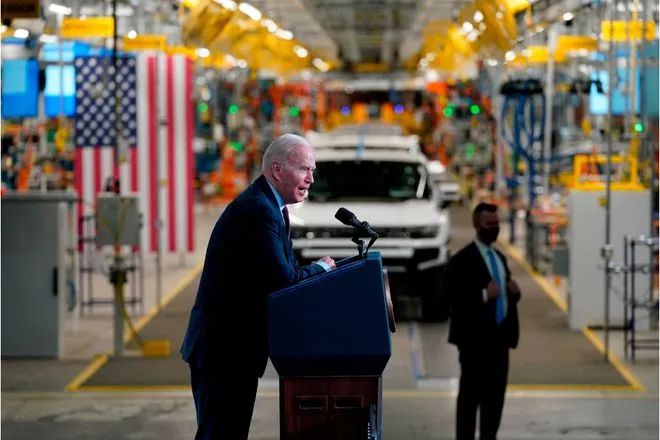
These actions represent a further retreat by Ford CEO Jim Farley from the company's electrification strategy. When he took over the company four years ago, he accelerated Ford's transition to electric vehicles. However, due to slowing growth in the electric vehicle market and significant costs incurred while increasing production, Ford expects its electric vehicle division to lose up to $5.5 billion this year.
In response to the slowing demand for electric vehicles, Ford has decided to increase production of hybrid models, which it believes are more popular among consumers. Ford also plans to adopt hybrid technology in its next three-row SUV to meet market demand.
Additionally, to reduce costs, Ford has readjusted its battery procurement plans in the US. The company plans to start producing a lower-cost lithium iron phosphate (LFP) battery in Michigan in 2026. This will be the first LFP battery plant in the US, and Ford expects these batteries to provide consumers with tax credits of up to $7,500. However, at the end of last year, Ford cut the plant's planned production capacity by nearly half.
Ford plans to update its electrification strategy in the first half of next year, at which time it may provide more specific timelines for profitability.
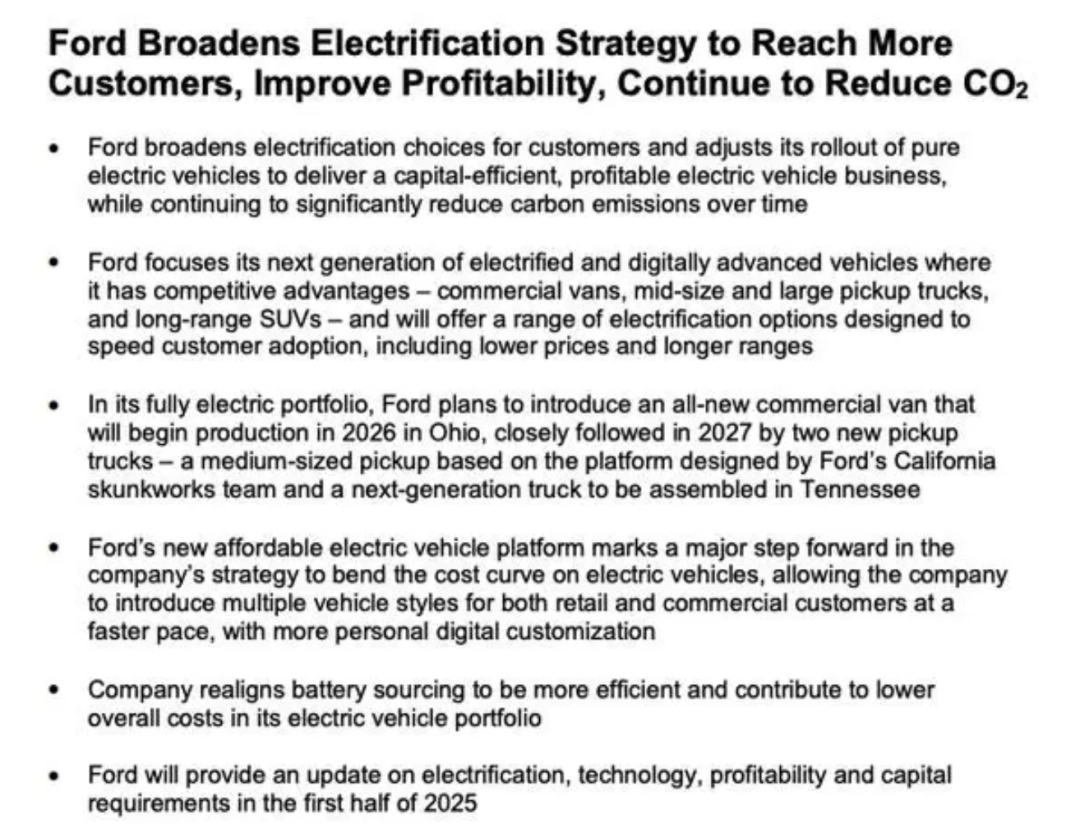
Another Detroit giant, General Motors, announced on Tuesday that it would once again slow down its all-electric vehicle plans.
Although several third-party forecasts predict that US electric vehicle deliveries will increase from about 7% of the industry in 2023 to at least 10% in 2024, GM CEO Mary Barra noted that the growth rate of electric vehicles has indeed slowed, bringing some uncertainty.
To address this uncertainty, GM expects to produce more gasoline-powered vehicles and relatively fewer electric vehicles, prioritizing the profitability of the former.
It is reported that GM will produce and sell approximately 250,000 electric vehicles this year, nearly half of the previously expected 400,000 sales target.
GM has further delayed the production of its second US electric truck plant and the first electric vehicle for the Buick brand. The transformation of the Michigan electric truck plant has been postponed by six months to mid-2026.
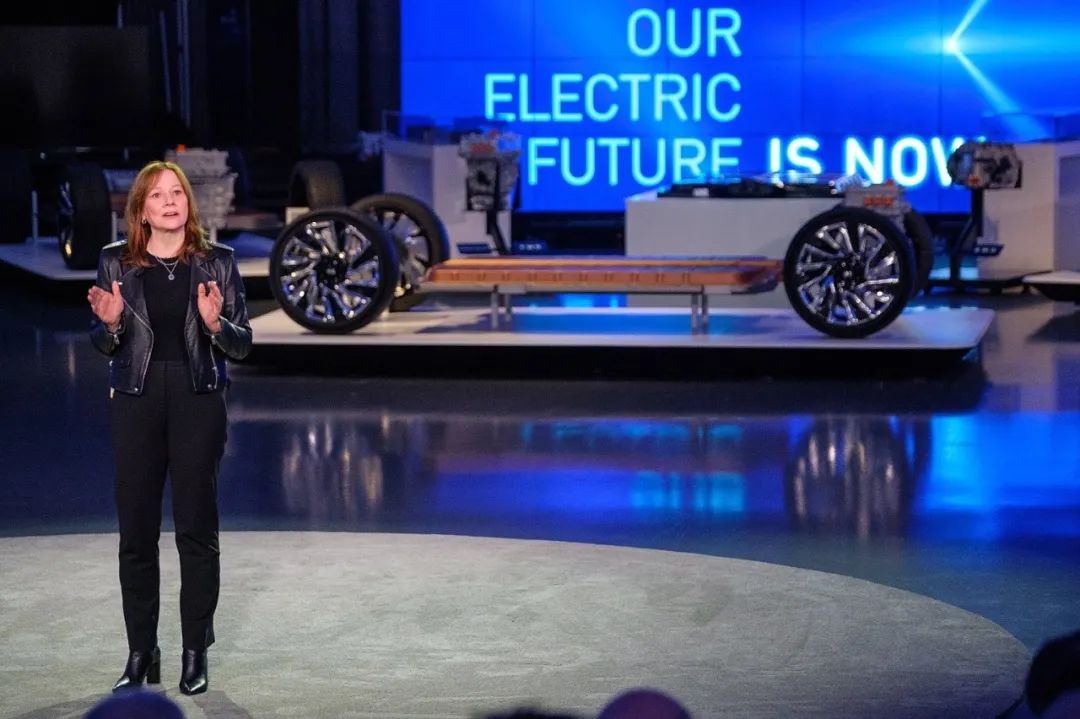
Barra did not disclose the latest launch date for Buick's first electric vehicle, which is expected to be available in 2024. The entire Buick brand aims to achieve full electrification by 2030, part of GM's plan to offer exclusively consumer-grade electric vehicles by 2035.
This means that GM has temporarily "abandoned" its previous goal of achieving a production capacity of 1 million electric vehicles in North America by 2025.
'We are committed to responsible and profitable growth,' Barra emphasized to investors during the company's second-quarter earnings call on Tuesday.
According to Barra, based on GM's current expectations for electric vehicle demand and production growth, strong interest in GM, lower commodity prices, and other factors, the company expects its US portfolio to achieve positive variable profit in the second half of the year.
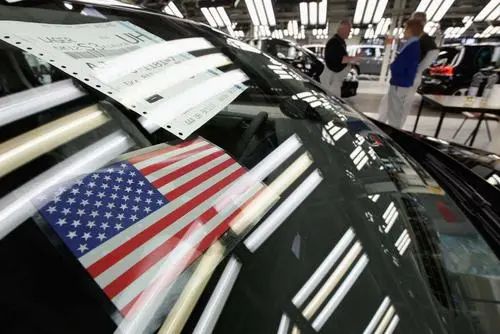
However, according to GM's estimates, only if electric vehicle production reaches 200,000 units in the fourth quarter will it become profitable in terms of production or contribution margin.
Notably, Barra revealed during the earnings call that GM will restart its hybrid vehicle layout, marking a significant strategic shift after avoiding this technology in the US market for years.
John Murphy, senior auto analyst at Bank of America Securities, pointed out that automakers' product planning departments are facing complex decisions regarding the powertrains for future vehicles. For example, US automakers such as Ford and GM are already preparing to develop hybrid vehicles.
Another manifestation is the "rebirth" of gasoline-powered vehicles.
The reason is that they generate more revenue for these US automakers, a trend that may persist for 10 to 15 years, causing them to "return to their comfort zone and leverage their strengths."
Earlier this year, the Biden administration released the final version of the "toughest-ever" vehicle emissions standards in the US, which will force automakers to increase sales of battery-electric and plug-in hybrid vehicles. Although the short-term requirements have been relaxed in response to automakers' opposition, the new regulations still aim to accelerate the transition to zero-emission vehicles.
Under the regulations, the carbon dioxide emissions limit for cars will be 85 grams per mile by 2032, significantly lower than the 170 grams per mile limit in 2027. The new regulations also limit pollution from soot and smog, and the US government claims that its regulations will provide cleaner air for overburdened communities near major roads.
Under the new emissions standards, the US Environmental Protection Agency expects pure electric vehicles to account for 56% of total US vehicle sales by 2032, with plug-in hybrids accounting for 13%, and traditional gasoline-powered vehicles accounting for only 29% of the market share. This would fulfill Biden's goal set in 2021 to achieve a 50% penetration rate of electric vehicles by 2030.
Although electric vehicle sales in the US reached a record 1.2 million units last year, the penetration rate was still only 7.6%, and growth is slowing. Furthermore, opposition to Biden administration regulations is high, with critics like Trump accusing them of being electric vehicle mandates that sacrifice traditional gasoline-powered vehicles.

Recently, Trump declared at a Republican rally that he would immediately repeal the "electric vehicle mandate" if elected. "The current administration is promoting a 'green scam,' and I will end the electric vehicle mandate on my first day in office to save the American auto industry from complete destruction and help American consumers save thousands of dollars when buying cars," he said.
With Biden stepping down from the presidential race, there is a higher likelihood that Trump will reverse the progress made during Biden's term in promoting electric vehicles, potentially including measures such as relaxing emissions regulations, canceling or reducing subsidies for new energy vehicles, and reducing subsidies for electric vehicle production facilities, thereby restoring a favorable market position for gasoline-powered vehicles.
Currently, US automakers must seriously consider the potential negative impact on the electric vehicle industry if Trump becomes president.
However, as industry analysts suggest, while the electrification process may face further setbacks, Trump's presidency may not necessarily be bad news for Detroit automakers' financial reports.
On the contrary, if Trump becomes president, it could be a significant blow to South Korea.
Trump believes that imports of automobiles from South Korea, Japan, Europe, Mexico, and Canada are significant contributors to the US automotive trade deficit. Therefore, during this election campaign, Trump plans to escalate the trade war by imposing a 10% tariff on all imported goods, including those from South Korea, which has signed a free trade agreement with the US.
Currently, the tariff on passenger cars imported from South Korea to the US is only 2.5%, but raising it to 10% would deal a heavy blow to Korean car exports, as the US accounts for nearly half of Korean car exports. In the first half of this year, South Korea's total exports to the US reached $64.3 billion, a year-on-year increase of 16.8%, setting a new record. Among them, automobile exports increased by nearly 30% year-on-year.
So, to conclude, the outcome is still uncertain. Perhaps soon, the US may witness a significant reversal in the transition to electric vehicle production, and we must wait and see how things unfold.
Note: Some images are sourced from the internet. Please contact us for removal if there is any infringement.






